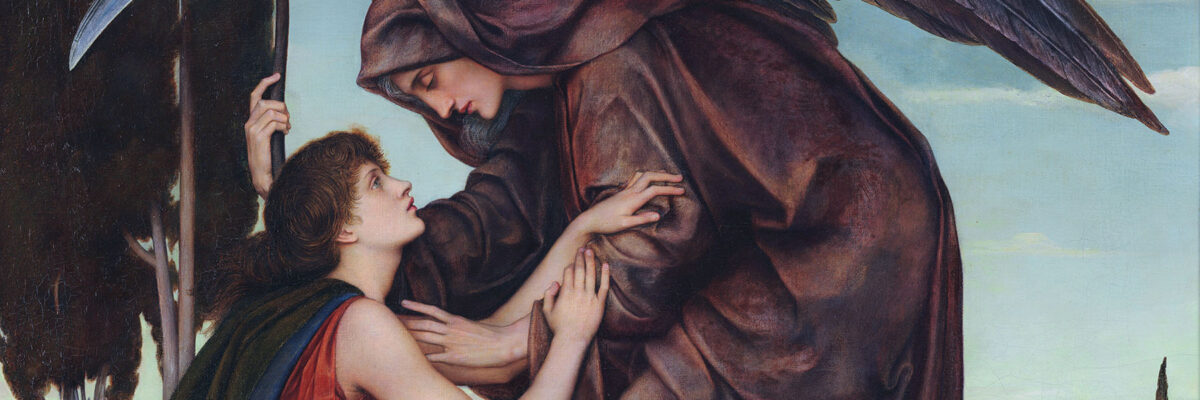
By Isabel Cawthorn, PhD candidate in Hispanic Studies, University of Birmingham
Leopoldo Alas (‘Clarín’) is most prominently known as the author of La Regenta, which was published in two volumes in 1884 and 1885 and is now well ensconced in classic Spanish literature. However, aside from this realist novel, he also published hundreds of experimental short stories, of which ‘Cuervo’ was one, first appearing in the newspaper, La Justicia, in 1888. Clarín begins his short story, ‘Cuervo’, with the following lines: ‘El paisaje que se contempla desde la torre de la colegiata no tiene más defecto que el de parecer amanerado y casi casi de abanico. El pueblo, por dentro, es también risueño, y como está tan blanco, parece limpio’.[1] [‘The landscape that can be seen from the collegiate church has no other defect than appearing slightly affected and almost fan-like. The village itself is also pleasant, and because it is so white, it appears clean’.][2] The quotation foregrounds the importance of the concepts of cleanliness and ‘defect’ in relation to people and places. Specific to this story is how sanitation and disease are used to pathologise the past, making ‘Cuervo’ an interesting example of how, in late nineteenth-century Spain, pathology and illness were given a temporal significance.



